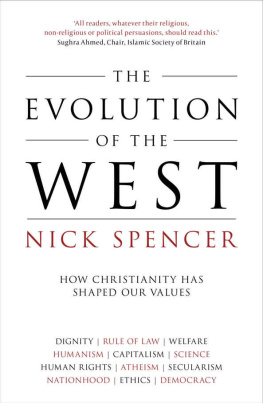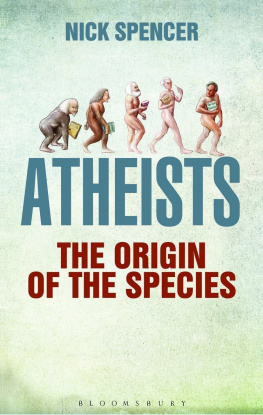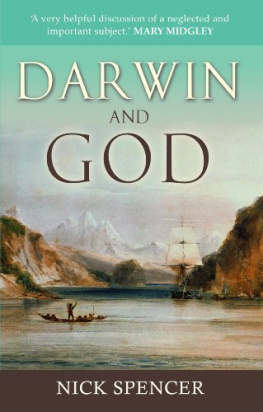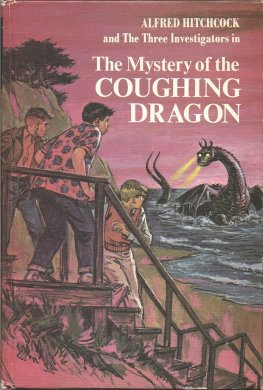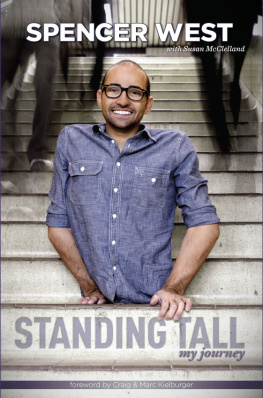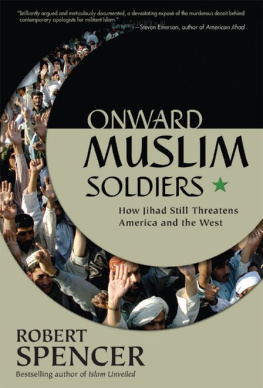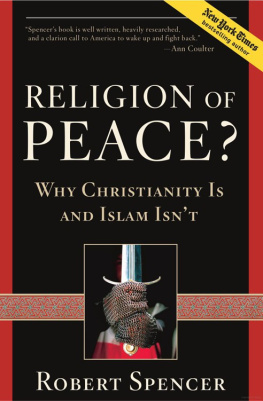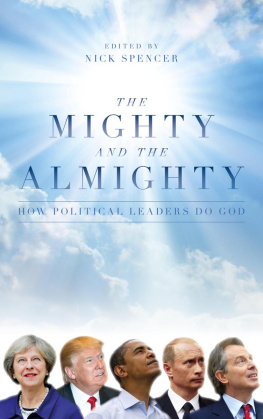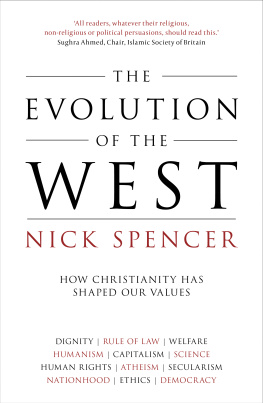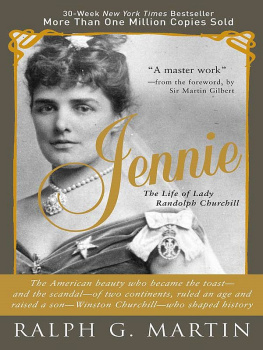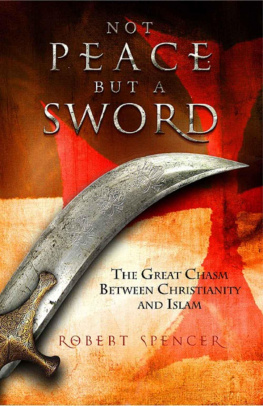Nick Spencer - The Evolution of the West: How Christianity Has Shaped Our Values
Here you can read online Nick Spencer - The Evolution of the West: How Christianity Has Shaped Our Values full text of the book (entire story) in english for free. Download pdf and epub, get meaning, cover and reviews about this ebook. year: 0, genre: Religion. Description of the work, (preface) as well as reviews are available. Best literature library LitArk.com created for fans of good reading and offers a wide selection of genres:
Romance novel
Science fiction
Adventure
Detective
Science
History
Home and family
Prose
Art
Politics
Computer
Non-fiction
Religion
Business
Children
Humor
Choose a favorite category and find really read worthwhile books. Enjoy immersion in the world of imagination, feel the emotions of the characters or learn something new for yourself, make an fascinating discovery.
- Book:The Evolution of the West: How Christianity Has Shaped Our Values
- Author:
- Genre:
- Year:0
- Rating:4 / 5
- Favourites:Add to favourites
- Your mark:
- 80
- 1
- 2
- 3
- 4
- 5
The Evolution of the West: How Christianity Has Shaped Our Values: summary, description and annotation
We offer to read an annotation, description, summary or preface (depends on what the author of the book "The Evolution of the West: How Christianity Has Shaped Our Values" wrote himself). If you haven't found the necessary information about the book — write in the comments, we will try to find it.
The Evolution of the West: How Christianity Has Shaped Our Values — read online for free the complete book (whole text) full work
Below is the text of the book, divided by pages. System saving the place of the last page read, allows you to conveniently read the book "The Evolution of the West: How Christianity Has Shaped Our Values" online for free, without having to search again every time where you left off. Put a bookmark, and you can go to the page where you finished reading at any time.
Font size:
Interval:
Bookmark:
This book weaves together two topics that are rarely without controversy: Christianity and its critical role in the evolution of democratic states in Europe and beyond. Spencer details an honest critique and well-articulated trajectory of Christianity and its place in our modern-day understanding of values, identity and citizenship. His deep understanding is unparalleled, as its been throughout the last decade at Theos. Spencer helps us to think clearly about issues that remain critical in our appreciation of modern-day debates around who we are and how this is deeply intertwined with a strong, robust and vital Christian history. All readers, whatever their religious, non-religious or political persuasions, will discover a stimulating book in both its scholarly credentials and scope.
Sughra Ahmed, Chair, Islamic Society of Britain
This is a much needed book. Well informed historically but focusing on a number of key recent debates and thinkers, Nick Spencer shows persuasively that we cannot understand our political, economic or social culture without taking into account the key role Christianity has played in shaping the values of the West. Balanced and never claiming too much, it offers an essential corrective to contemporary narratives that try to write Christianity out of the script.
Richard Harries (Lord Harries of Pentregarth)
Surrounded by complex issues (human rights, science and religion, secularism, New Atheism and many more), it is hard to understand whats going on, what the important thinkers are saying and what a thinking Christian might make of it all. Nick Spencer carves out a clear path through the jungle, helping us to see how we got here in the first place and how we might move forward in faith and wisdom.
N. T. Wright, Research Professor of New Testament and Early
Christianity, University of St Andrews
Nick Spencer is Research Director at Theos, the Christian think tank, and author of a number of books including Atheists: the Origin of the Species (Bloomsbury, 2014) and Darwin and God (SPCK, 2009).

First published in Great Britain in 2016
Society for Promoting Christian Knowledge
36 Causton Street
London SW1P 4ST
www.spck.org.uk
Copyright Nick Spencer 2016
All rights reserved. No part of this book may be reproduced or transmitted in any form or by any means, electronic or mechanical, including photocopying, recording, or by any information storage and retrieval system, without permission in writing from the publisher.
SPCK does not necessarily endorse the individual views contained in its publications.
The author and publisher have made every effort to ensure that the external website and email addresses included in this book are correct and up to date at the time of going to press. The author and publisher are not responsible for the content, quality or continuing accessibility of the sites.
Scripture quotations marked NIV are taken from the Holy Bible, New International Version (Anglicized edition). Copyright 1979, 1984, 2011 by Biblica (formerly International Bible Society). Used by permission of Hodder & Stoughton Publishers, an Hachette UK company. All rights reserved. NIV is a registered trademark of Biblica (formerly International Bible Society). UK trademark number 1448790.
Quotations marked KJV are taken from the Authorized Version of the Bible (The King James Bible), the rights in which are vested in the Crown, and are reproduced by permission of the Crowns Patentee, Cambridge University Press.
British Library Cataloguing-in-Publication Data
A catalogue record for this book is available from the British Library
ISBN 9780281075201
eBook ISBN 9780281075218
Typeset by Lapiz Digital Services, India
Manufacture managed by Jellyfish
First printed in Great Britain by CPI
Subsequently digitally printed in Great Britain
eBook by Lapiz Digital Services, India
Produced on paper from sustainable forests
Our past is sedimented in our present.
Charles Taylor, A Secular Age
Contents


I have learned more than I can chart from more people than I can remember over the last ten years at Theos. To single people out would be invidious and risky, as I would almost certainly forget and offend some. I would, however, like to pay particular thanks to all my colleagues at Theos, but most especially Paul W., Paul B., Elizabeth, Ben and Jennie, who have been an inspiration, as well as a good laugh. I would also like to thank John Langlois and Bill Latimer for their generous support and encouragement, and Henry van Oosterom for his excellent work in compiling the index.
This book is dedicated to another Paul Paul Oliver without whom I doubt whether I would ever have written a word.
Nick Spencer

For the last ten years I have worked for Theos, a Christian think tank based in Westminster. Theos was launched in November 2006 which, by some quirk of divine humour, was a month after Richard Dawkins The God Delusion was published. The so-called New Atheists were sweeping all before them, as the world reeled from the sometimes impertinent, sometimes horrific intrusion of religious commitment into public life, and in consequence temperatures rose and for a time the ordinary habits of civility stood aside and sinister metaphors and cardboard caricatures spread through discourse like a virus, or maybe a meme.
We understand that the faithful live in an inspissated [it means thickened or congealed, apparently] gloaming of incense and obfuscation, through the swirls of which it is hard to see anything clearly, so a simple lesson in semantics might help to clear the air for them on the meanings of secular, humanist and atheist.
So wrote A. C. Grayling, a New Atheist understudy, in an essay that greeted the launch of Theos with less than complete joy.
The general foot-stamping continued for a while, reaching a high- or perhaps low-point with a notorious atheist bus campaign that inspiringly entreated people to stop worrying and start enjoying your life, to which Theos made a small contribution in the nave hope that it would at least encourage people to think about the meaning of life. Even at that time, however, in the early days of this new movement, we heard from atheists who were disquieted by the noisiness of their compatriots and who, while agreeing wholeheartedly with their rejection of all things divine, quietly wished they would avoid sounding quite so sophomoric and self-righteous when doing so.
Silent disquiet rumbled on but eventually more and more atheists were prepared to say Not in my name. The editor of New Humanist, the magazine of the Rationalist Association in Britain, wrote an editorial observing that Dawkins provided a case study in how not to do it, pointing out that blanket condemnations of religious groups was morally dubious (as well as counterproductive); that religious believers were in fact no less intelligent than non-believers; and that secularism did not mean excluding religious believers from public life. The writer Alain de Botton published a book on Religion for Atheists, which suggested atheists were better stealing from religion than mocking it. Atheist churches opened up in North London, complete with sermons and singing. The atheist analytic philosopher, Thomas Nagel, ventured to suggest that the materialist neo-Darwinian conception of nature failed to explain the origins of life, human consciousness, intentionality, meaning and value, and was almost certainly false. John Gray, a disarmingly honest British atheist philosopher, repeatedly demolished self-satisfied humanistic atheism with aplomb, attacking it with precisely the same Darwinian weapons that it had used on God: Atheism and humanism seem to be conjoined when in fact they are at odds a type of atheism that refused to revere humanity would be a genuine advance.
Next pageFont size:
Interval:
Bookmark:
Similar books «The Evolution of the West: How Christianity Has Shaped Our Values»
Look at similar books to The Evolution of the West: How Christianity Has Shaped Our Values. We have selected literature similar in name and meaning in the hope of providing readers with more options to find new, interesting, not yet read works.
Discussion, reviews of the book The Evolution of the West: How Christianity Has Shaped Our Values and just readers' own opinions. Leave your comments, write what you think about the work, its meaning or the main characters. Specify what exactly you liked and what you didn't like, and why you think so.

